
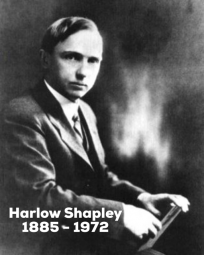 • NOV 2 – American astronomer Harlow Shapley was born on this day in 1895. Shapley was the first person to give a reasonably accurate value for the size of the Milky Way Galaxy. Shapley was a prominent astrophysicist and long-time director of the Harvard College Observatory. He died in 1972.
• NOV 2 – American astronomer Harlow Shapley was born on this day in 1895. Shapley was the first person to give a reasonably accurate value for the size of the Milky Way Galaxy. Shapley was a prominent astrophysicist and long-time director of the Harvard College Observatory. He died in 1972.
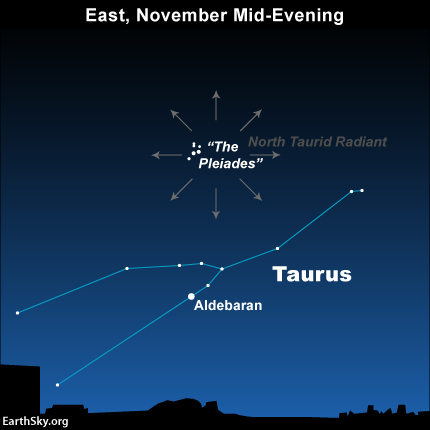
• NOV 4 – The Taurid Meteor Shower peaks at around 12:30 AM. The Taurids produce a rather modest 5 meteors per hour during peak times but more than makes up for its low numbers by often generating spectacular fireballs. Observers are in luck this year as the waning crescent moon will not interfere.
Standard time begins, set your clocks back by one hour.
• NOV 7 – New moon
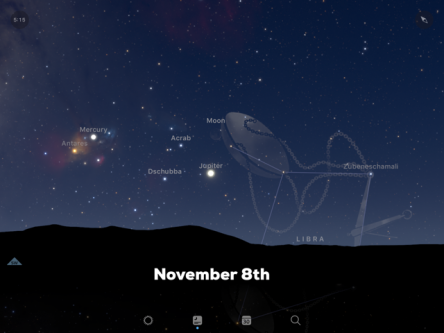
• NOV 8 With luck, you just might be able to see a very slender crescent moon just a few degrees above Jupiter immediately after sunset and very low to the horizon.
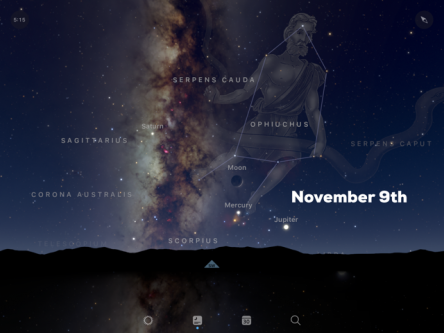
• NOV 9 – Immediately after sunset, look to SW to see the crescent moon just above the planet Mercury. Jupiter is a bit lower and to the right of Mercury.
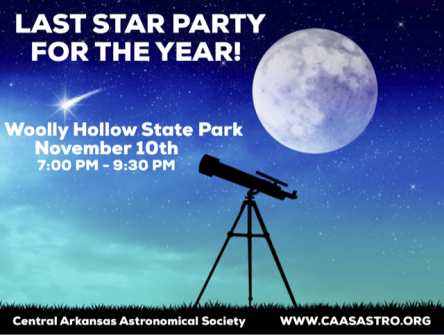
• NOV 10 – Free public star party at Woolly Hollow State Park in Greenbrier, 7:00 PM to 9:30 PM, with members of the Central Arkansas Astronomical Society.
• NOV 11 – Look for the waxing crescent moon just to the east of Saturn after sunset.
• NOV 14 – The moon is at apogee, its most distant point in its orbit for the month (251,245 miles away).
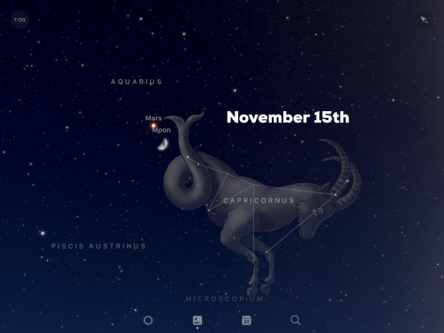
• NOV 15 – The moon is now at first quarter and, tonight, can be seen less than 2 degrees from the planet Mars.
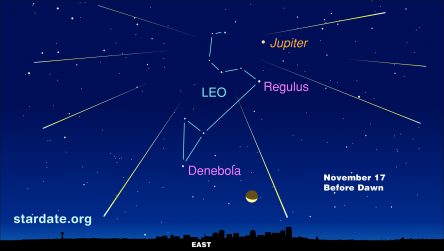
• NOV 17 – The Leonid Meteor shower peaks tonight but will be severely limited by the bright moon.
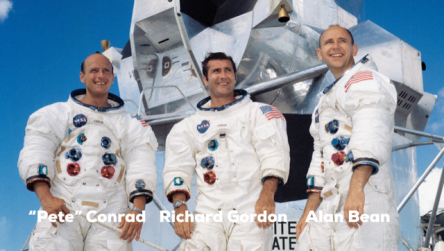
• NOV 19 – Apollo 12, the sixth manned flight to be moon touched down in the Oceanus Procellarum (“sea of storms”) with astronauts Charles Conrad and Alan Bean in 1969.
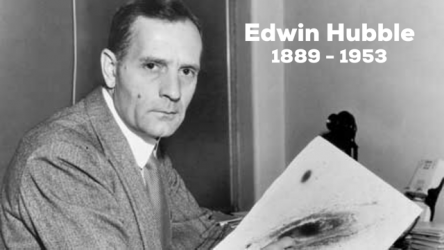
• NOV 20 – American astronomer Edwin Powell Hubble was born this day in 1889. He revolutionized our understanding of the universe by discovering that there were other galaxies beyond our own Milky Way and for his observation that the universe is expanding at a constant rate. The space telescope was named in his honor.
• NOV 23 – Full moon
• NOV 26 – The moon is at perigee, the closest point in its orbit for the month (227,807 miles).
• NOV 29 – Last quarter moon